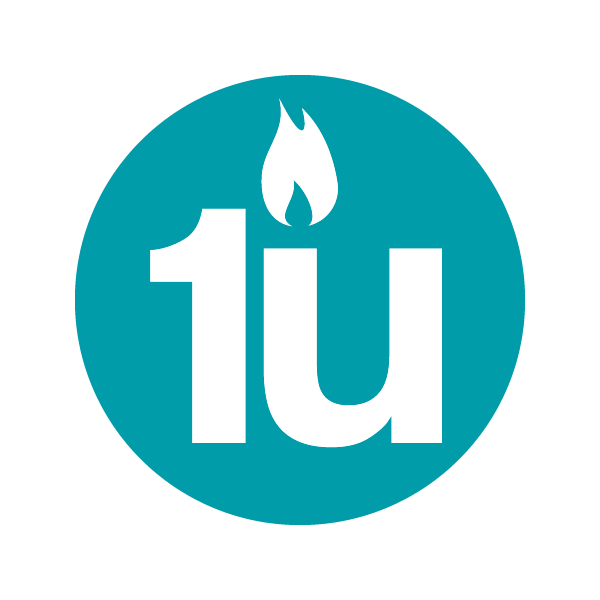Governance Overview
Unitarian Universalist congregations are organized democratically. While we choose to be part of the Unitarian Universalist Association, each congregation is self-governing.
Our ministers are called by a vote of the congregation and while serving the congregation have Freedom of the Pulpit, which means they are to be guided by their conscience and speak the truth as best they understand it. The minister also has pastoral authority for the congregation as well as any responsibilities delegated by the Board of Trustees.
While we are governed by our Bylaws, we are, at our best, living in covenant and living more fully into our shared promises to one another.
The Board of Trustees is elected by our congregation to serve as its governing body, set overall policy for the church, and focus on our long-term mission and wellbeing. Governance is the board’s work, to be accomplished not in isolation but in holy conversation and shared ministry among the board members, our minister, the staff, and the congregation. The Board delegates day-to-day management of the church to the staff, through the Minister as Chief-of-Staff.
The groups in the Governance Ministry make policy recommendations, manage our finances and personnel, and review the effectiveness of the congregation’s shared ministry.
Our six standing Board Committees are part of Governance:
- The Governance Committee ensures that the 1U Bylaws and policies and procedures are documented, up to date and implemented as intended, and will also monitor compliance with the Strategic Plan.
- The Finance Committee reviews financial reports, monitors expenses, coordinates preparation of the annual budget, maintains a five-year financial plan, and reports to the BOT monthly via the Treasurer.
- The Stewardship Committee manages the annual Generosity Campaign, and serves as an advisor for events or activities related to the income side of the Operating Budget and the longer range financial plan.
- The Audit Team conducts periodic reviews of our financial processes and compliance with procedures.
- The Personnel Committee manages the administrative aspects of the church’s staffing.
- The Strategic Plan Team monitors the ongoing implementation of our Strategic Plan, and recommends modifications of the plan to the Board each year.
- The Information Technology (IT) Task Force identifies IT needs and opportunities, and makes recommendations to the BOT accordingly.
The final three groups in the Governance Ministry are accountable directly to the congregation:
- The Nominating Committee is also elected by the congregation. Each spring, the committee presents to the congregation a slate of candidates to be considered for vacant Board and Nominating Committee seats. The elected leaders are chosen by a vote of the congregation members
- The Committee On [Shared] Ministry (COM) counsels with the Minister and reviews the effectiveness of the congregation’s shared ministry, confers on priorities, provides feedback on congregational matters, and generally promotes the overall ministry of the congregation. The COM becomes the “process observer” of the congregation and stays in close touch with the Board of Trustees.
- The Endowment Board The mission of the Endowment is to receive and manage financial gifts in order to generate and give, in perpetuity, funds to support and sustain the First Unitarian Church of Orlando. All 1U members in good standing are also members of the Endowment. Six of those members are elected to three-year terms as Endowment Board trustees and are responsible for the Endowment’s governance and operation.

